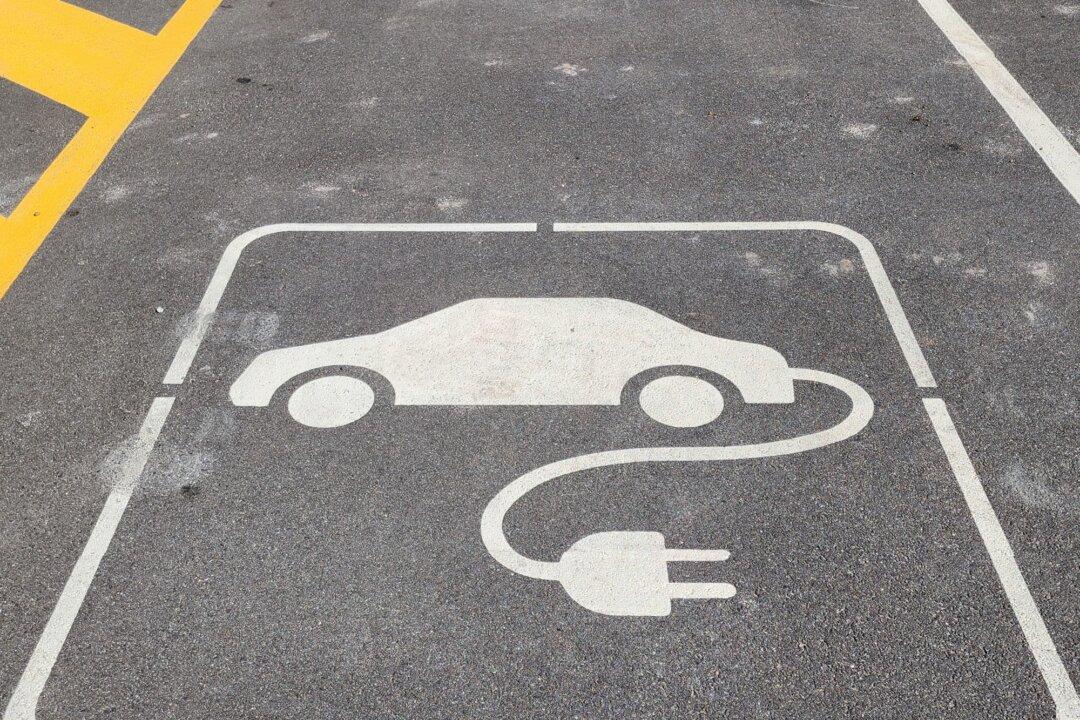Electric vehicle fast-charger maker Tritium DCFC has entered voluntary administration, the second major Australian manufacturing company that collapsed in a week next to Qenos.
McGrathNicol Restructuring has designated partners Shaun Fraser, Katherine Sozou, Matthew Hutton and Jamie Harris as receivers of Tritium in less than a day while the fast-charger company hired Peter Gothard, James Dampney and William Colwel as administrators.




